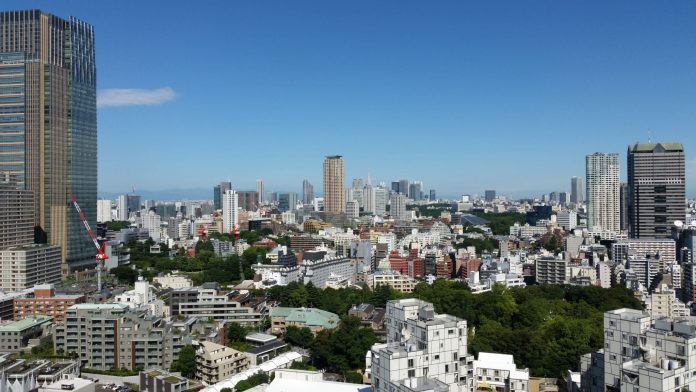KDDI and Nokia pushed 1 Gbps throughput in Tokyo MDU using 28 GHz band
Building on a 5G partnership, Nokia and Japanese operator KDDI this week shared details of a recent trial designed to test next generation mobile services in the context of an ultra-dense, residential environment.
The two companies claim to have achieved 1 Gbps throughput using spectrum in the 28 GHz band. The test used Nokia’s AirScale base station and AirFrame cloud radio access network (RAN) solution. The trial took place in Tokyo’s Fujimino City of Saitama Prefecture.
Head of Nokia Japan Jae Won said the test will help the vendor and operator understand how 5G services can be served in what he referred to as “megacities. 5G promises to deliver the ultra low latency, capacity and high speeds for these types of deployment[s], and this trial is a great example of how it can be applied to transform the entertainment experience as one of the many use cases 5G has to offer.”
While 5G promises to be a key enabler for emerging IoT use cases, including numerous applications under the umbrella of smart city services, the vendor is also continuing to develop its smart city initiatives, including via a collaboration with Tampere, Finland, the vendor’s home country.
Part of the larger “Smart Tampere” tech-based economic development program, Nokia worked with officials to test services including smart lighting, e-health, UX in the context of large venues, and more efficient energy management.
Tommi Uitto, Nokia’s country head in Finland, said, “working together to explore the potential of digital technologies to make cities smarter is good for both Nokia and Tampere. The learnings we are able to glean from this collaboration will benefit Tampere’s citizens, companies and visitors, and can also be carried forward into similar collaborations with other cities around the world.”

